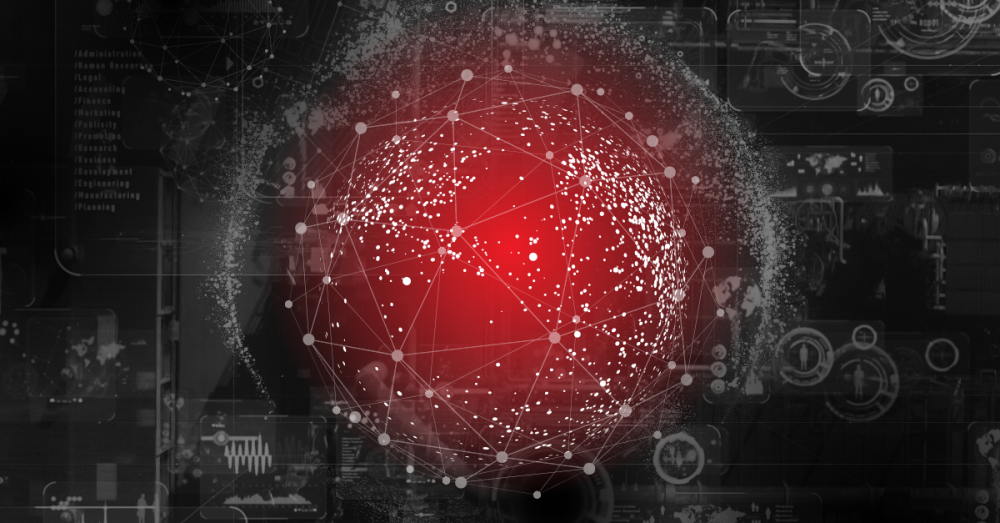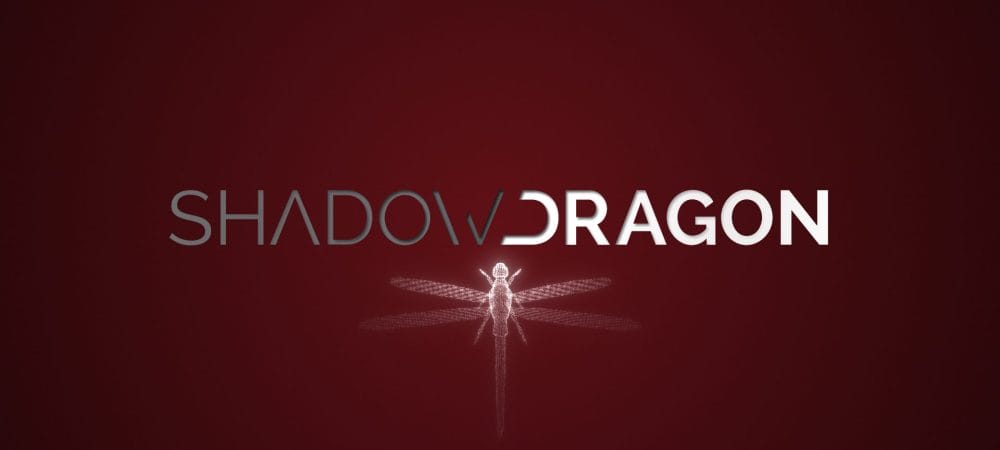Trust underpins successful relationships, whether they are personal or professional, between businesses and customers, employers and employees, or organizations and their stakeholders. As digital transformation accelerates, the mechanisms to establish and maintain trust continue to evolve. Understanding and nurturing trust is crucial for longevity, integrity and authenticity and how to establish it.
The Havard Business Review looks at the neuroscience of trust and the impact on company culture and economics and state people at high-trust companies compared those at low-trust companies report: 74% less stress, 106% more energy at work, 50% higher productivity, 13% fewer sick days, 76% more engagement, 29% more satisfaction with their lives and 40% less burnout.
Trust is built on three primary pillars: reliability, transparency, and security. These elements are interwoven and collectively contribute to the credibility and reputation of an organization.
Reliability
Reliability is the basis of trust. It means consistently delivering on promises and maintaining high standards of service or product quality. According to Forbes, when it comes to customers, 81 percent say that trust in a business is a deciding factor when deciding who to buy from. For us, this means listening to our customers and translating their feedback into improving the experience. We know our platform and integrations assist good people to defend against bad actors – we take that seriously in every improvement we make.
Reliability extends to system uptime, the consistency of online services, and the ability to recover quickly from disruptions. Our end users are law enforcement, military members, intelligence professionals, and defenders of needed commercial services where disruptions can be catastrophic and reliability can mean saving lives.
Transparency
Transparency involves being open and honest about processes, decisions, and data. In an era where data breaches and misuse of personal information are common concerns, transparency about how data is collected, stored, and used is paramount.
Organizations that are transparent foster a culture of openness that can significantly enhance trust. This includes clear communication about privacy policies, data handling practices, and even admitting to and addressing mistakes.
We are proud to announce our compliance with the US-EU Data Privacy Framework, a certification achieved and administered by the United States Department of Commerce. This is a significant milestone that underscores our commitment to protecting the privacy and security of data. This framework enhances the legal protections for transatlantic data transfers, ensuring that personal data is safeguarded according to European standards.
In addition to our adherence to the US-EU Data Privacy Framework, ShadowDragon has achieved SOC2, Type II compliance. This certification is a testament to our dedication to maintaining robust controls and processes, security, availability, processing integrity, confidentiality, and privacy of customer data. SOC2, Type II compliance involves rigorous audits and assessments, ensuring that we meet or exceed the industry standards for security, availability, processing integrity, confidentiality, and privacy.

Security
Security is perhaps the most critical component of trust. With the increasing prevalence of cyber threats, ensuring the protection of data is non-negotiable. Customers need to know that their personal and financial information is safe.
Regular security audits, timely updates, and a proactive approach to identifying and mitigating threats are essential practices. Supply chain transparency is pivotal as companies increasingly rely on third-party suppliers, ensuring the integrity and reliability of these partners becomes essential. Transparent supply chains allow businesses to trace the origin and journey of their products, ensuring compliance with ethical standards and regulations. Trust in third-party suppliers is built through consistent, open communication and adherence to established quality and safety standards. By fostering strong, transparent relationships with suppliers, companies can mitigate risks, enhance their reputation, and ensure the seamless delivery of goods and services.
Digital transformation is reshaping how businesses operate and interact with their customers. This transformation brings numerous opportunities but also new challenges in maintaining trust. Here’s how businesses can navigate this landscape:
Embracing Technology with Responsibility
Digital trust can lead to annual growth rates according to McKinsey & Company and the adoption of new technologies such as AI, blockchain, and IoT can greatly enhance efficiency and customer experience. However, these technologies must be implemented responsibly with the highest degree of data integrity.
A seamless and personalized customer experience is vital for building trust. Digital tools can help tailor experiences to individual preferences and needs, but our training and customer success teams ensure the continuation of service, visibility and customer experience. Building trust requires empathy, understanding, and personal connections which is why our customer service teams are accessible and customer focused. Our commitment to regular updates, clear terms and conditions, and straightforward privacy policies is unwavering.
Listening to customers and responding to concerns and feedback is crucial. This two-way communication builds a sense of partnership and shows that the organization values and respects its community.
By focusing on reliability, transparency, and security, and by leveraging technology responsibly while maintaining a human touch, organizations can foster deep and lasting trust. Effective communication, proactive engagement, and a commitment to ethical practices will further enhance this trust, ensuring long-term success and strong, positive relationships with all stakeholders.
Trust is not just a virtue but a strategic asset that must be cultivated and protected with the utmost diligence and something we adhere to as individuals, our company culture and our ethical OSINT standards.

